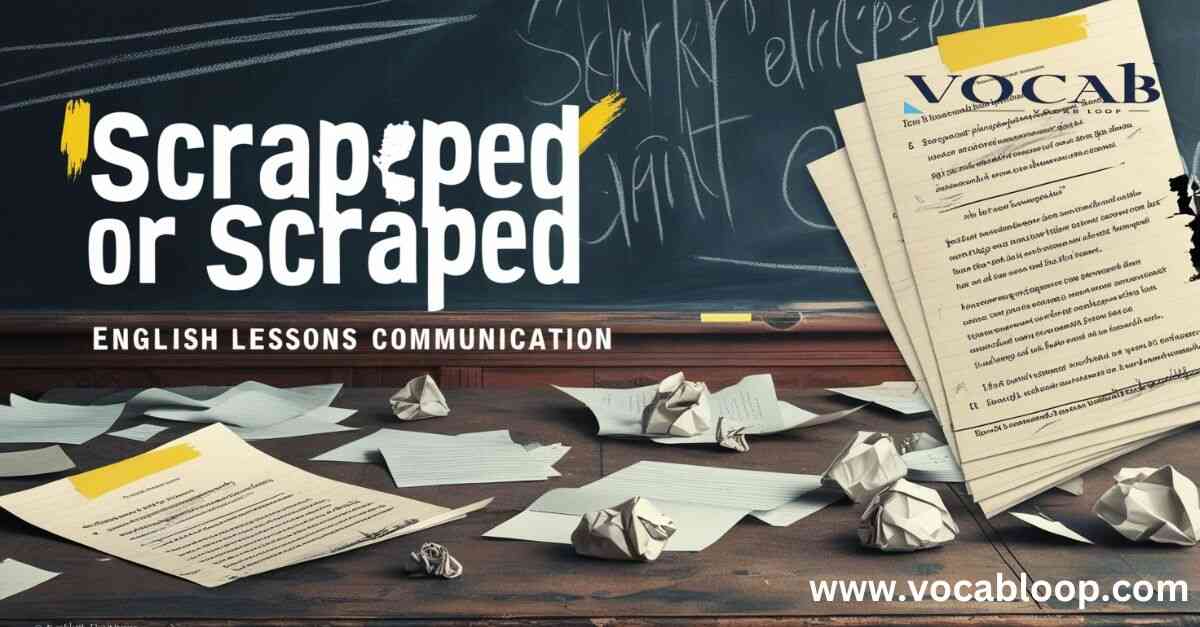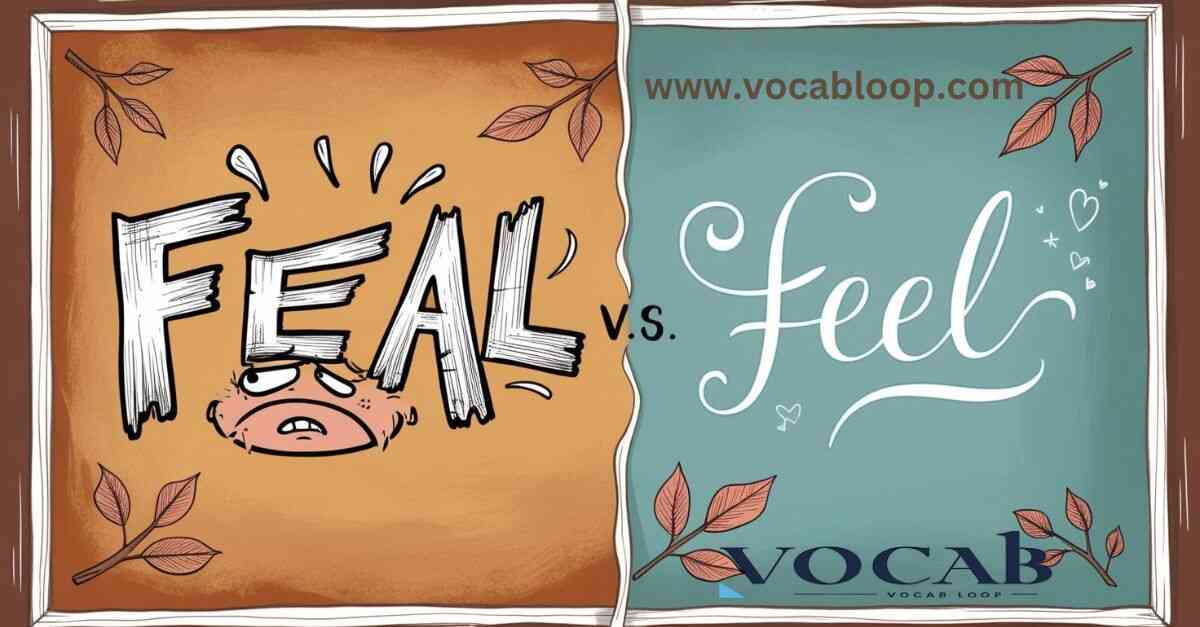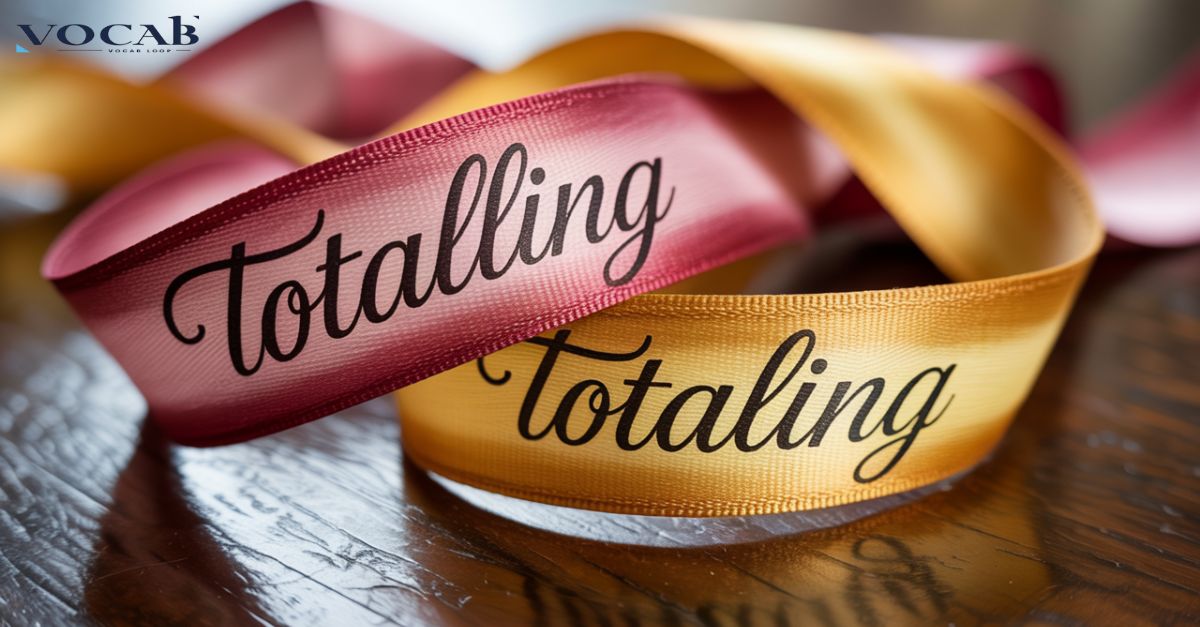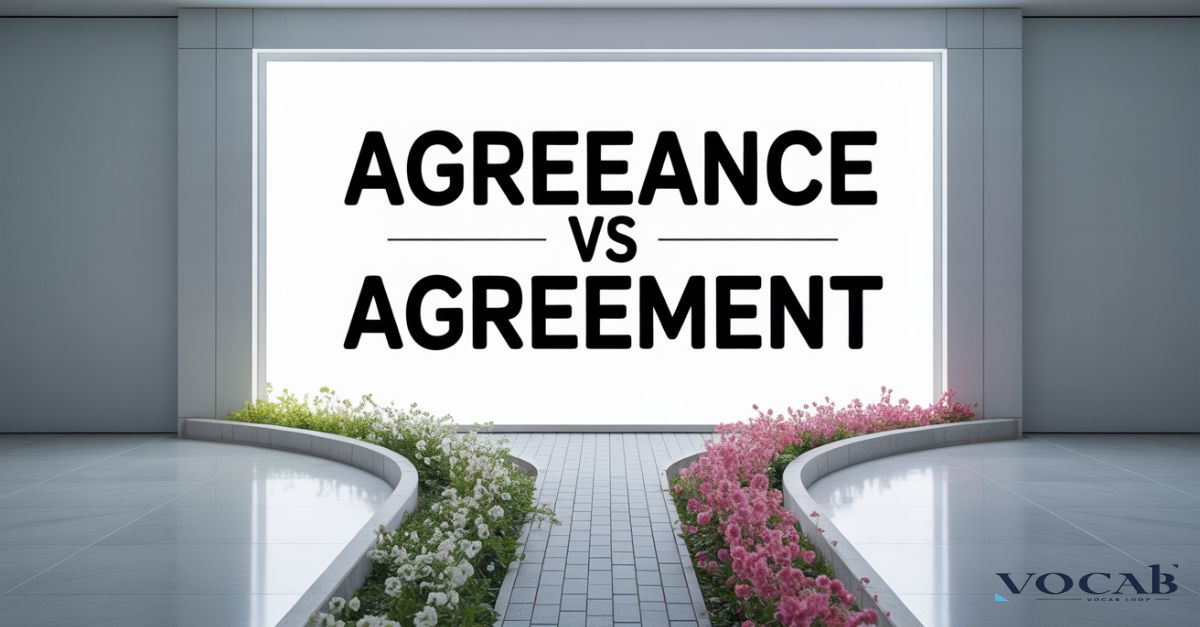Requester or Requestor: which is the correct and explaination
In the vast landscape of English language, certain words continue to perplex writers and communicators alike. Among these linguistic puzzles, the choice between “requester” and “requestor” stands out as a particularly intriguing case. This comprehensive guide delves into the nuances of these terms, exploring their origins, usage patterns, and the factors that influence their application … Read more









